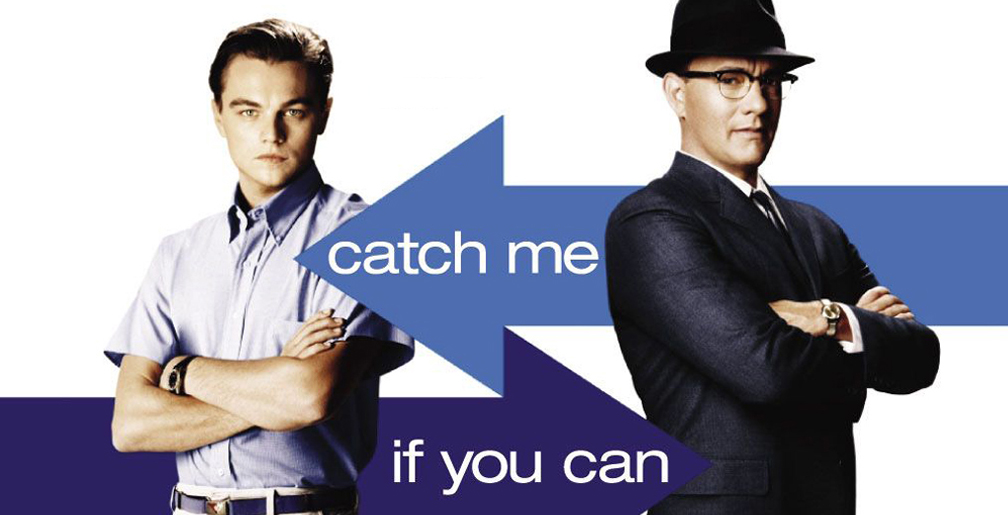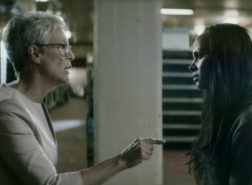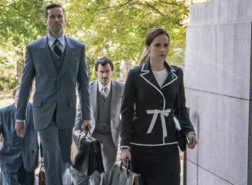The Bible is one of the earliest and most famous examples of the power of how storytelling can change people’s lives. In the text, Christian beliefs and ideologies are conveyed to the reader through a series of parables. At the core of all these parables are individual lessons for life intended to urge the reader into living a principled life.
Filmmaking is a modern art form that mirrors the essence of parable. Films deliver messages to viewers, often messages that are pivotal to society that they are aimed at. American films in the mid-20th-century espoused the virtues of American life, denounced communism and encouraged altruism.
In the past 30 years, there has been an explosion of biopics that inspire viewers to unleash their entrepreneurial spirit. The ‘zero to hero’ and ‘rags to riches’ storyline remains one of Hollywood’s biggest draws because people are fascinated at people who’ve overcome the odds and adversity to enjoy a privileged existence.
If you’re into self-improvement and need some deep inspiration or motivation, then you simply have to watch these four films.
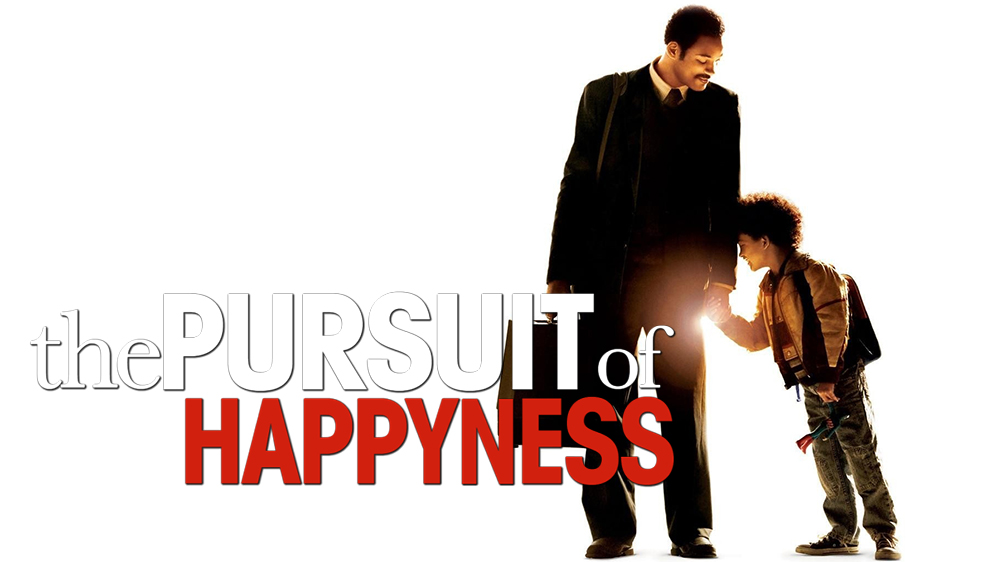
Chris Gardner is the founder of Gardner Rich & Co, a private stock brokerage firm that has helped him to a net worth of over $60 million. Gardner didn’t always have it all going for him though, his rise to riches was hard-fought and arduous.
After splitting with his partner, Gardner accepted sole custody of his son while earning a pittance as a trainee stockbroker. Unable to afford accommodation that would accept him and his son, Gardner frugally saved up for a rental deposit.
During this time, he and his son had to sleep rough on public transport and in bathrooms to name but a few. Gardner’s ceaseless motivation and obstinacy in the face of adversity paid off and led him to the fortune he now has. While resilience and grit are important to any person’s journey to the top, check out these other tried-and-tested habits of millionaires.
In 2006 Columbia Pictures released a film starring Will Smith and his son Jaden, chronicling the struggles of Chris Gardner. It was a huge success at the box office and was acclaimed for the overriding inspiration at the heart of the movie.
Did you know? From a budget of $55 million, “The Pursuit of Happyness” went on to gross over $307 million at the box office.
![]()
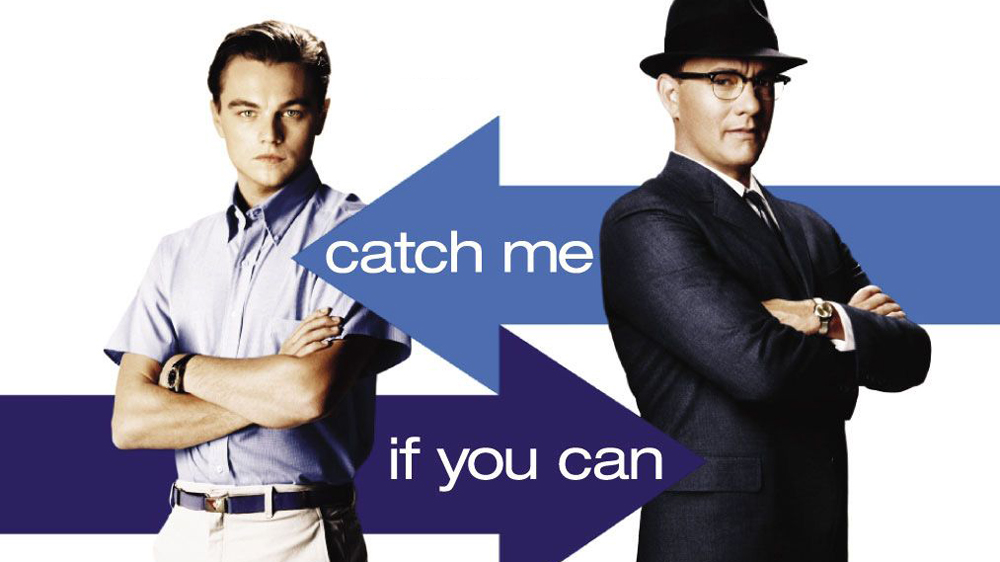
Steven Spielberg’s hit film follows the life of Frank Abagnale – played by Leonardo DiCaprio – an American con artist who makes his fortune through forging cheques. Before reaching the age of 19, Abagnale makes millions of dollars from cheque fraud.
He goes on to live the life you would expect of a young man with huge amounts of expendable income. Opulence and excess characterize Abagnale’s life as he masquerades as a pilot, a doctor and a parish prosecutor to evade the law and continue his illicit means of making millions.
Abagnale is ceaselessly pursued by FBI agent Carl Hanratty – played by Tom Hanks – throughout the film. This pursuit is directed superbly by Spielberg, initially urging viewers to support Abagnale’s evasion before making them empathize with Hanratty and the FBI.
SPOILER ALERT – the film crescendos when Abagnale’s life of excess is ended with his capture by Hanratty. In short, Abagnale realizes the errors of his ways and is convinced by Hanratty to work with banks to prevent future frauds.
In the closing credits, it is revealed that the film was based on a true story and that Abagnale is now happily married, earning millions of dollars a year through his work with bank fraud departments.
Initially, the film appears to inspire criminal activity, portraying Abagnale’s escapes from the law as whimsical and admirable. However, the core meaning of the film is that crime does not pay and that fortunes can be achieved through respectable means.
Did you know? James Gandolfini was originally due to play the role of Carl Hanratty instead of Tom Hanks.
![]()
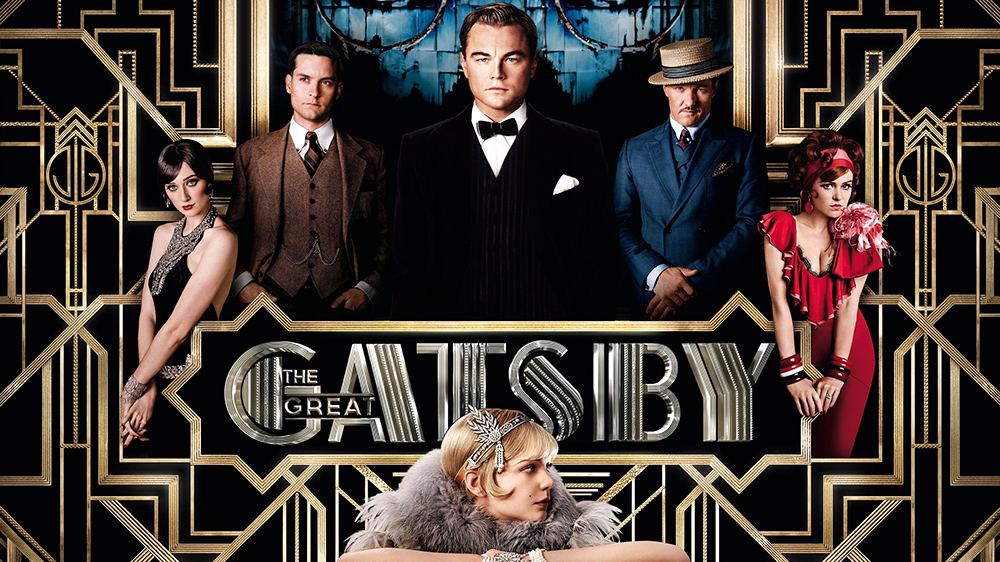
Leonardo DiCaprio makes his second appearance in this list as Jay Gatsby in the 2013 film adaptation of F. Scott Fitzgerald’s famous 1925 novel. The story begins with Nick, a World War One veteran receiving psychiatric help in the hospital.
As part of Nick’s treatment, he is encouraged to chronicle stories from his life in print which takes us to 1922 and the story of The Great Gatsby. Nick first meets the mysterious businessman Jay Gatsby at the dock near to his lavish mansion.
The central theme of the film is the love affair between Gatsby and Daisy, and the former’s pursuit of riches to impress Daisy and win her love. A budget of $105 million was largely spent on scenes depicting the extravagant parties held by Gatsby.
At these events, random strangers are invited by Gatsby as he shows off his material wealth with repeated shows of opulence. Critics have said that director Baz Luhrmann perhaps focused too heavily on the visual extravagance of Gatsby and his home rather than the true story of the film.
As a consequence, the film ends up not being a love story, but rather a tale of rags to riches and the virtues of wealth. For those looking to make a quick buck from a lower social standing, this is an inspiring film – even though this is not necessarily what F.Scott Fitzgerald might have intended.
Did you know? The original novel has sold over 25 million copies since its initial release 93 years ago.
![]()

Andrew Niccol’s dystopian sci-fi thriller approaches capitalism from a very different angle to try and highlight the absurdity and inequality of ‘the system’. Starring Justin Timberlake, Amanda Seyfried, and Cillian Murphy the film is set in 2169 where cash is
replaced with time as the main commodity.
Every human in society ceases to age at 25 and will die unless they have more ‘time,’ the main currency in this futuristic society. Rich citizens in New Greenwich are swamped with time and can live well into old age, whereas people in nearby Dayton are forced to work and live in squalid conditions to earn meager amounts of time.
The message that the film delivers is the inequality of capitalism, however, it also highlights the benefits of that same system. Characters who do well in life have greater luxury and benefits to those that do not.
One of the implicit messages of the film is, quite simply, that greater wealth leads to a longer and better life. That might be a quandary for those that disagree with capitalism and inequality in essence. But it can also be seen as an inspiration for those looking to improve their lives and gain financial freedom.
Did you know? Shortly after the film’s release, director Andrew Niccol and a number of other executives were faced with a copyright lawsuit. Fiction writer Harlan Ellison claimed that the plot of the film was based on his 1965 short story – “Repent,Harlequin! Said the Ticktockman.”


